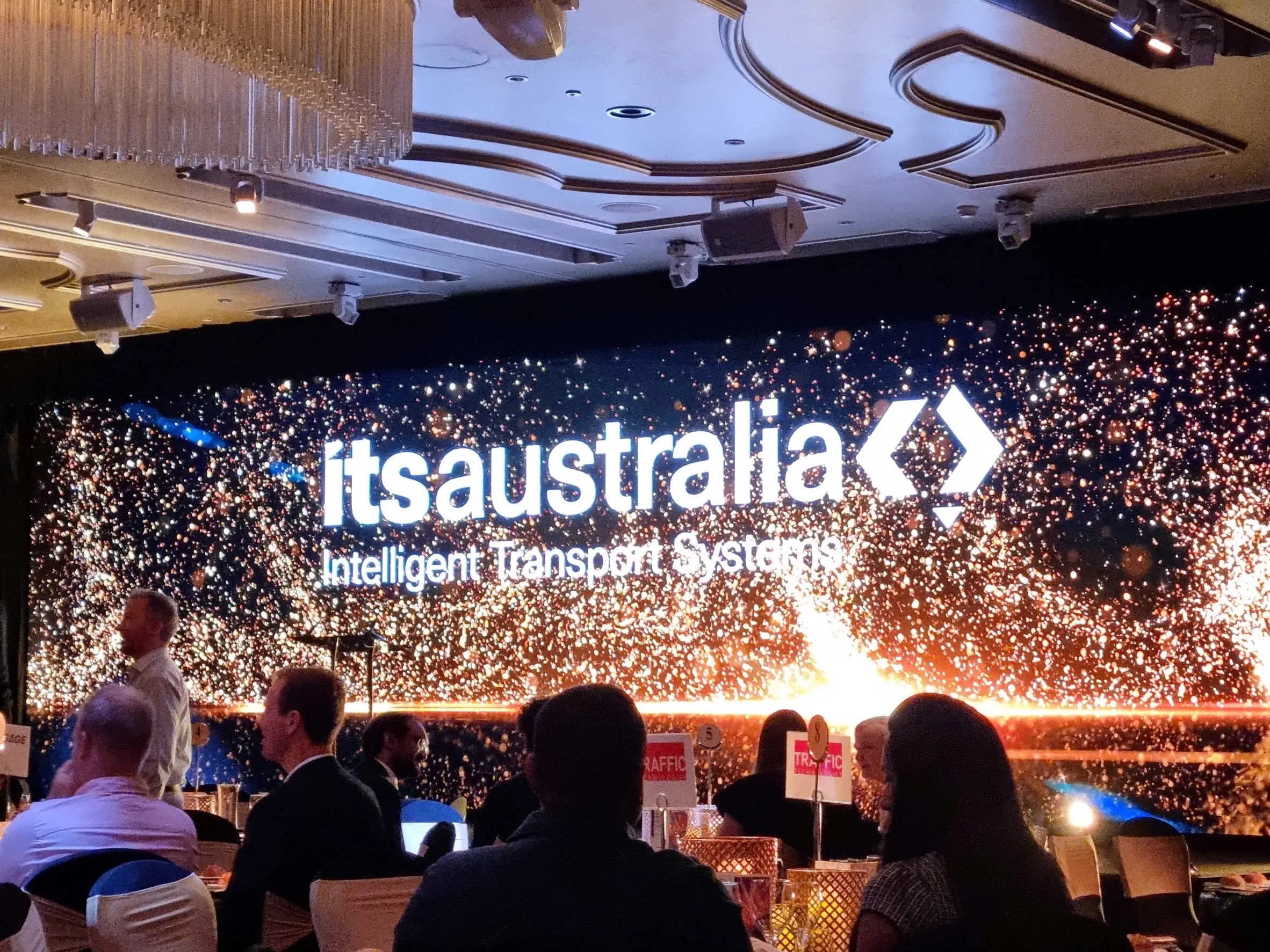A cockpit concept that offers advice on a different route when there are delays on the usual road, or adjusts the cabin temperature based on the driver’s preferences and the outside temperature, has been developed by US automotive supplier Visteon. Habit offers these solutions and others by incorporating artificial intelligence (AI) to deliver an enhanced driving experience. Visteon's Human Bayesian Intelligence Technology (Habit) system employs machine learning algorithms that are cognisant of the specific
May 20, 2013
Read time: 2 mins
A cockpit concept that offers advice on a different route when there are delays on the usual road, or adjusts the cabin temperature based on the driver’s preferences and the outside temperature, has been developed by US automotive supplier 2165 Visteon.
Habit offers these solutions and others by incorporating artificial intelligence (AI) to deliver an enhanced driving experience. Visteon's Human Bayesian Intelligence Technology (Habit) system employs machine learning algorithms that are cognisant of the specific driver and the surrounding environment.
The Habit system continually learns as it processes a driver's selections of climate temperatures, radio stations, telephone calls and other unique behaviours depending on the outside temperature and time of day. It factors in the individual's historical inputs to present a human-machine interaction (HMI) that is customised for the driver. The system also learns the driver's tastes, even when he or she is not in the vehicle, by, for example, remembering the music that the driver has listened to.
"The goal of Habit is to become an experience that improves each time the driver uses the ever-aware system," said Shadi Mere, innovation manager at Visteon. "With vehicle manufacturers striving to deliver a more personalised driving experience, the Habit cockpit concept demonstrates how your car can learn and grow with you over its lifetime."
Habit offers these solutions and others by incorporating artificial intelligence (AI) to deliver an enhanced driving experience. Visteon's Human Bayesian Intelligence Technology (Habit) system employs machine learning algorithms that are cognisant of the specific driver and the surrounding environment.
The Habit system continually learns as it processes a driver's selections of climate temperatures, radio stations, telephone calls and other unique behaviours depending on the outside temperature and time of day. It factors in the individual's historical inputs to present a human-machine interaction (HMI) that is customised for the driver. The system also learns the driver's tastes, even when he or she is not in the vehicle, by, for example, remembering the music that the driver has listened to.
"The goal of Habit is to become an experience that improves each time the driver uses the ever-aware system," said Shadi Mere, innovation manager at Visteon. "With vehicle manufacturers striving to deliver a more personalised driving experience, the Habit cockpit concept demonstrates how your car can learn and grow with you over its lifetime."








